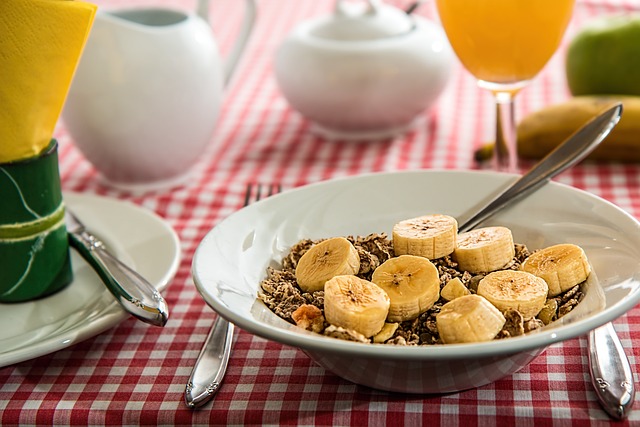The Gut-Brain Connection: How Probiotics Influence Mental Health and Well-being
In recent years, there has been a growing body of research highlighting the importance of the gut-brain connection in maintaining mental health and overall well-being. The gut, often referred to as the “second brain,” plays a crucial role in regulating emotions, managing stress, and even influencing cognitive function.
One key player in this intricate system is the gut microbiota, the diverse community of microorganisms residing in our digestive tract. These microorganisms, particularly bacteria, have a profound impact on our physical and mental health.
Probiotics: The Good Bacteria
Probiotics are live microorganisms that, when consumed in adequate amounts, provide health benefits to the host. They are known as the “good bacteria” because of their ability to restore and maintain a healthy balance in the gut microbiota.
While our gut naturally contains a mix of beneficial and harmful bacteria, various factors such as a poor diet, stress, and the use of antibiotics can disrupt this delicate balance. This disruption can lead to an overgrowth of harmful bacteria, which can negatively affect our physical and mental well-being.
The Impact of Probiotics on Mental Health
Research suggests that the use of probiotics can positively influence mental health and well-being in several ways:
1. Reducing Anxiety and Depression:
Studies have shown that certain strains of probiotics, such as Lactobacillus and Bifidobacterium, can help alleviate symptoms of anxiety and depression. These strains produce neurotransmitters like serotonin and gamma-aminobutyric acid (GABA), which are commonly referred to as the “feel-good” neurotransmitters. By increasing the production of these neurotransmitters, probiotics can have a calming effect on the brain and improve mood.
2. Lowering Stress Levels:
Chronic stress can have a detrimental impact on mental health and overall well-being. Probiotics have been found to reduce stress levels by modulating the body’s stress response system, including the hypothalamic-pituitary-adrenal (HPA) axis. By regulating the HPA axis, probiotics can help manage stress and prevent the negative effects it has on mental health.
3. Enhancing Cognitive Function:
Emerging research suggests that the gut microbiota may play a role in cognitive function and performance. Probiotics have shown potential in enhancing cognitive abilities such as memory, attention, and processing speed. It is believed that the communication between the gut microbiota and the brain, often referred to as the gut-brain axis, is responsible for these cognitive benefits.
Choosing the Right Probiotic
When it comes to selecting a probiotic supplement, it is essential to choose a high-quality product with strains that have been clinically studied for their mental health benefits. Look for probiotics that contain Lactobacillus and Bifidobacterium strains, as these have shown promising results in reducing anxiety and depression.
Additionally, consider factors such as the number of colony-forming units (CFUs), shelf stability, and the presence of prebiotics, which act as food for the probiotic bacteria and promote their growth and colonization in the gut.
Integrating Probiotics into Your Routine
While probiotic supplements are readily available, there are also natural food sources that can help increase your probiotic intake. Include fermented foods like yogurt, sauerkraut, kimchi, and kefir in your diet to promote a healthy gut microbiota.
It is important to note that every individual’s gut microbiota is unique, and what works for one person may not have the same effect on another. It is recommended to consult with a healthcare professional before starting any new supplement or making significant dietary changes.
The Power of a Healthy Gut
The gut-brain connection is a fascinating area of research that highlights the intricate relationship between our digestive system and mental health. By nurturing our gut microbiota with probiotics, we can positively impact our







